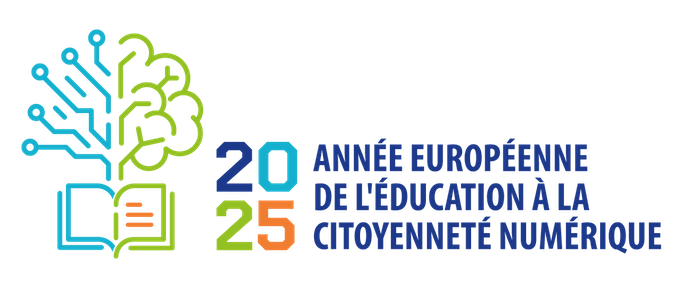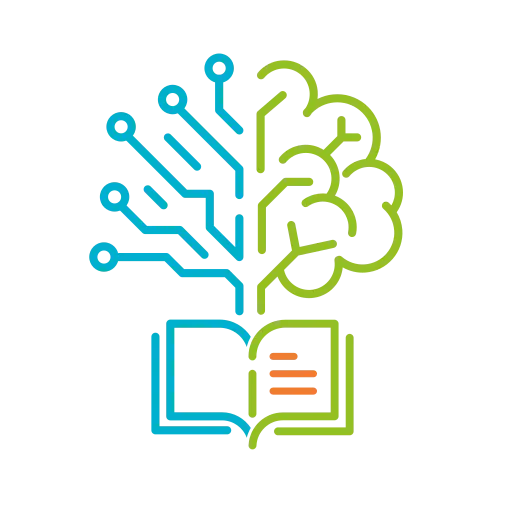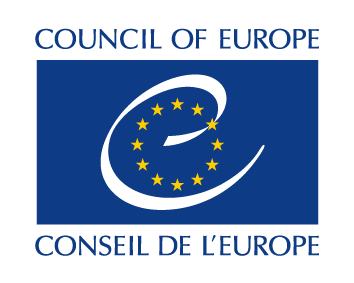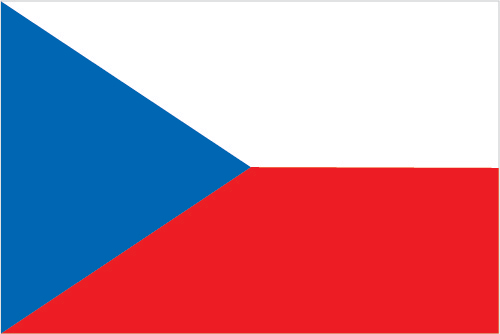- Education Policy Strategy 2030: sets out a roadmap towards a developed and digital education system in the Czech Republic for the period 2020-2030: to modernise Czechia’s education system in the field of regional education, formal and non-formal education, and lifelong learning and to prepare for new challenges, while addressing the ones already identified within the current education system. The implementation of the strategy will take place in three periods: 2020–2023, 2023–2027 and 2027–2031. The long-term plan for education and development of the educational system of the Czech Republic 2023-2027 is a second implementation document of the Strategy 2030+, which sets out the basic tendencies and goals of education policy for the given period, sets measures at the state level and defines the scope for specific solutions at the regional level. The document was approved by the Government of the Czech Republic at a meeting on 20th December in 2023.
- National Artificial Intelligence Strategy of the Czech Republic, which aims to improve economic growth and competitiveness. The strategy is divided into seven chapters, two of them are: Education and Expertise in AI (in terms of transforming education and effective usage of AI tools in teaching; Professional training and development of teachers in the field of AI; Updating educational content, developing the potential of participants in AI education and supporting talents; Training of professionals in the field of AI; Educational activity and cooperation of relevant actors involved in education in the context of AI) and AI skills and the impact of AI on the labour market (A flexible framework taking into account changes in the labour market in the context of the usage of AI; Development of skills needed for application on the labour market and in society in the context of digitisation and the introduction of AI; Strengthening information literacy and awareness citizens in the context of the usage of AI).
- Digital Czechia is a comprehensive vision implemented by the Office of the Government of the Czech Republic in cooperation with relevant stakeholders, based on a set of several partial concepts, implementation plans and strategies in accordance with the needs of the Czech Republic and the policy of the European Union (Digital Decade 2030). It includes four main pillars that form one logical unit with a large number of internal links, which takes into account different target groups and also the differences given by the current legislative definition: the Czech Republic in digital Europe; Digital economy and society; Information concept of the Czech Republic; and newly adopted Digital education (new strategic framework in the area of digital education). The main reason for the division into four sub-concepts is the need to include all areas that form the prerequisites for the successful digitalisation of the Czech Republic.
Sources
- https://msmt.gov.cz/uploads/brozura_S2030_en_fin_online.pdf
- https://www.mpo.gov.cz/assets/en/guidepost/for-the-media/press-releases/2019/5/NAIS_eng_web.pdf
- https://digitalnicesko.gov.cz/media/files/The_Path_to_Europes_Digital_Decade_The_Strategic_Plan_for_the_Digitalisation_of_Czechia_by_2030_oOROu6I.pdf
- Online survey with national authorities



